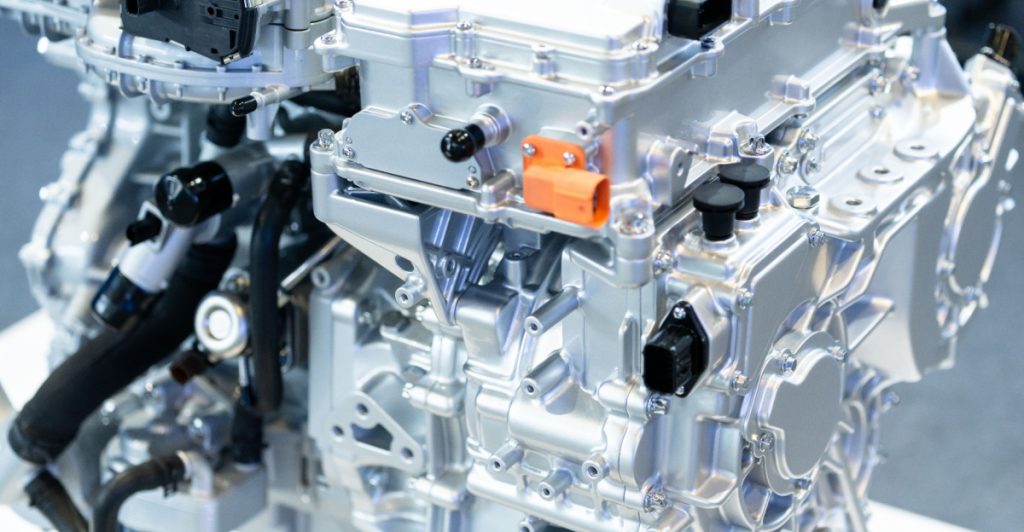BMW is keeping hydrogen technology alive with the unveiling of its third-generation fuel-cell system. As other automakers scale back, BMW is doubling down—building prototypes now and preparing for series production by 2028.
Others are reading now
BMW is keeping hydrogen technology alive with the unveiling of its third-generation fuel-cell system. As other automakers scale back, BMW is doubling down—building prototypes now and preparing for series production by 2028.
A Smaller, Smarter Hydrogen System
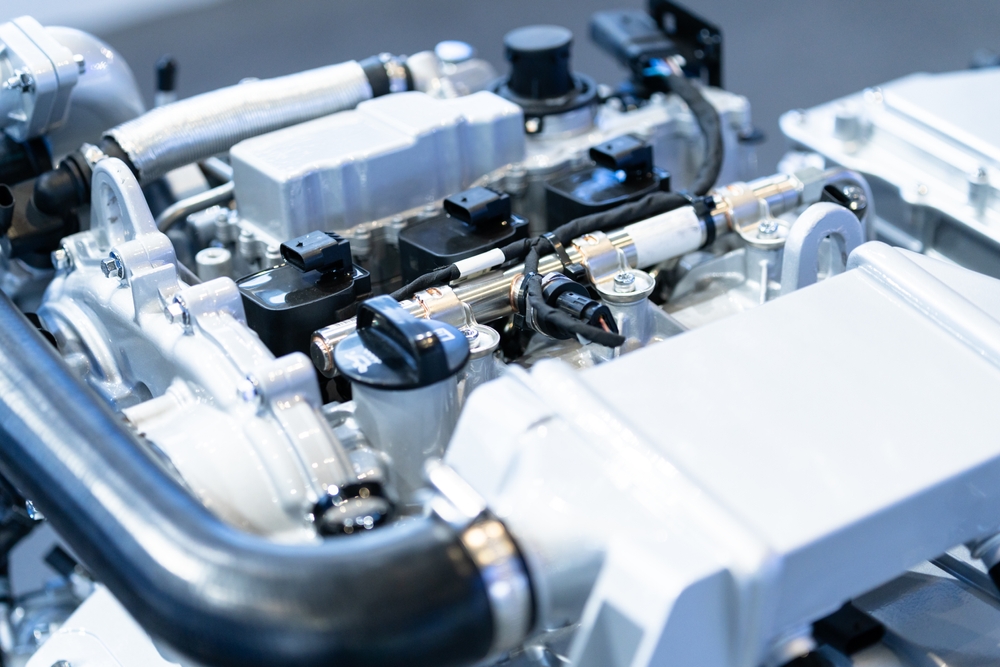
BMW’s latest hydrogen system is about 25% smaller than its predecessor, thanks to improved power density. This makes it more versatile and easier to integrate into future vehicle designs across multiple platforms.
Built for Flexibility
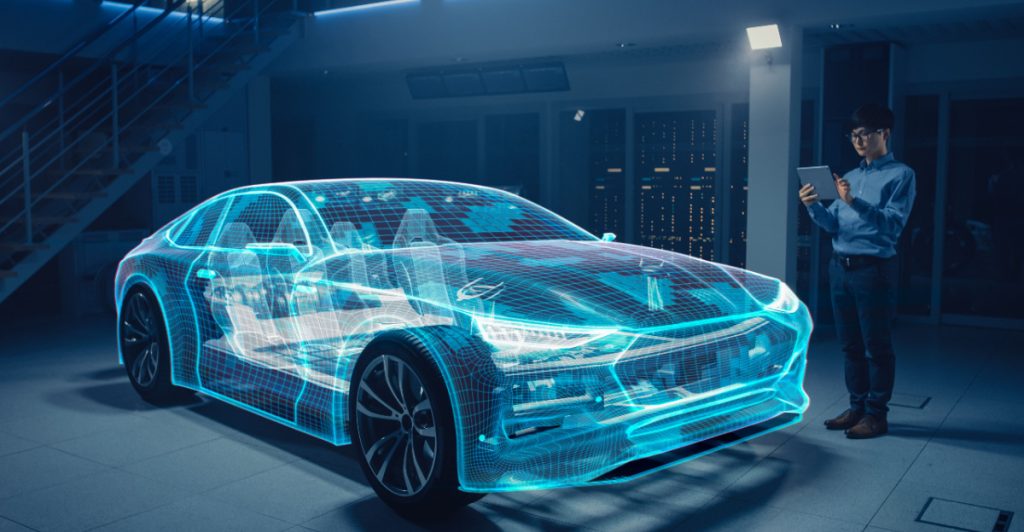
Designed with a “high degree of integration,” the new fuel-cell system can slot into various architectures. BMW aims to offer customers flexible drive options—hydrogen included—alongside traditional and electric powertrains.
Possible Debut in a New X5?
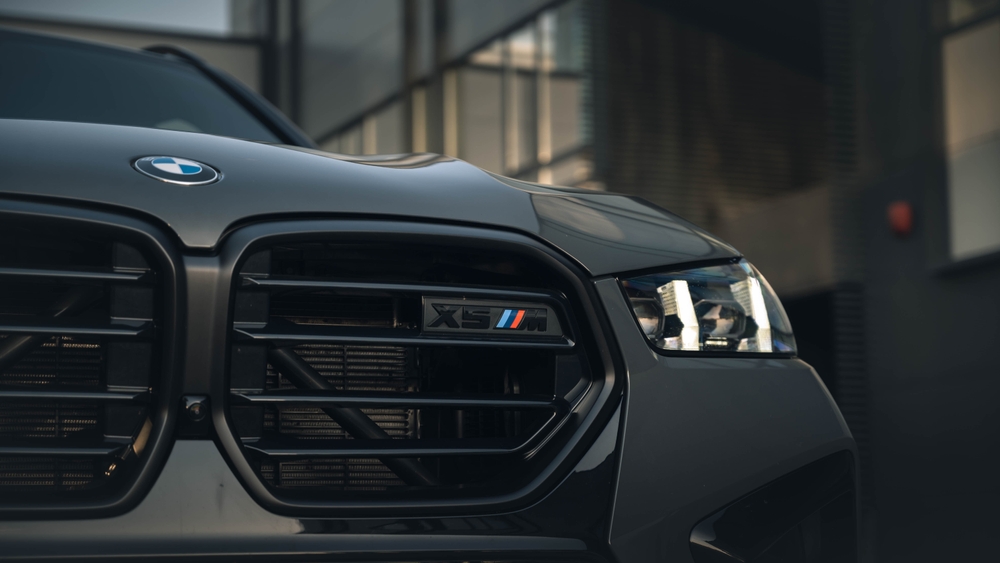
While BMW hasn’t confirmed which model will debut the new system, its second-gen hydrogen setup currently powers prototype X5 crossovers. The upcoming X5 redesign in 2026 could serve as the launchpad for this advanced tech.
Ready for Neue Klasse
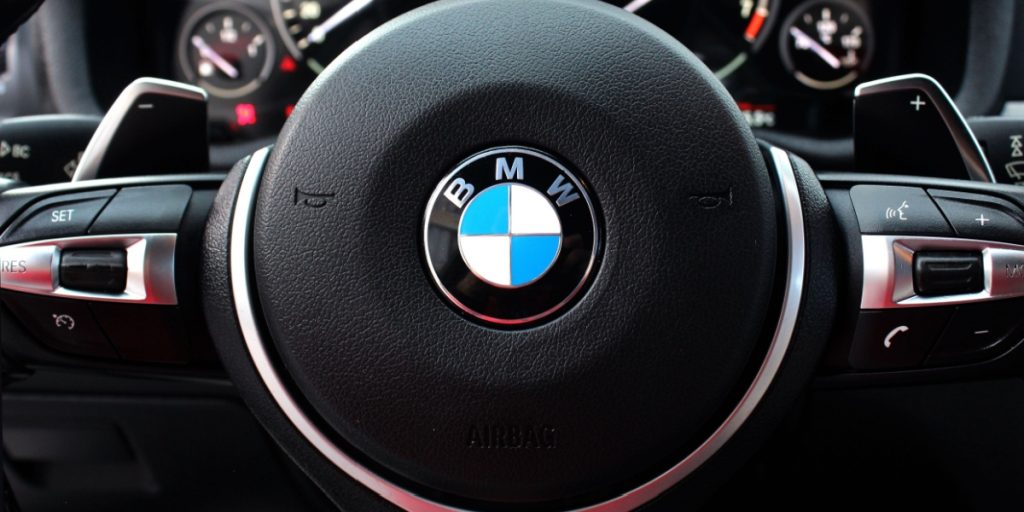
The new hydrogen system is expected to mesh with BMW’s Neue Klasse platform, designed for next-generation electric and alternative fuel vehicles. A new in-house “Energy Master” system will help regulate battery and vehicle performance.
Also read
Stronger, Leaner, Greener
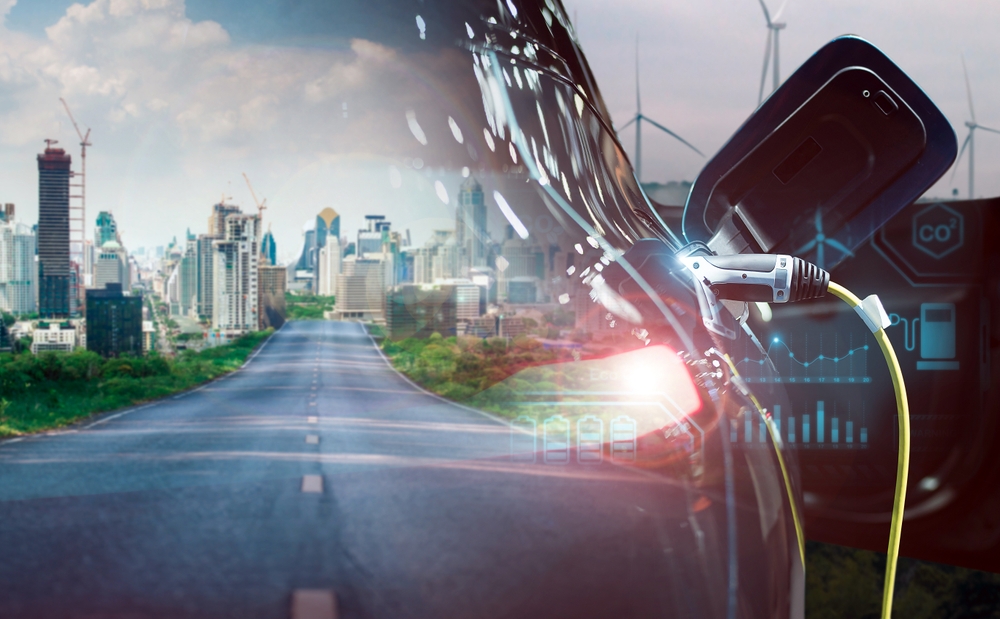
BMW says the third-generation system delivers a higher output, improved range, and lower energy consumption than the previous model. Although no exact figures were released, the gains mark a leap in hydrogen efficiency.
The Toyota Connection Continues
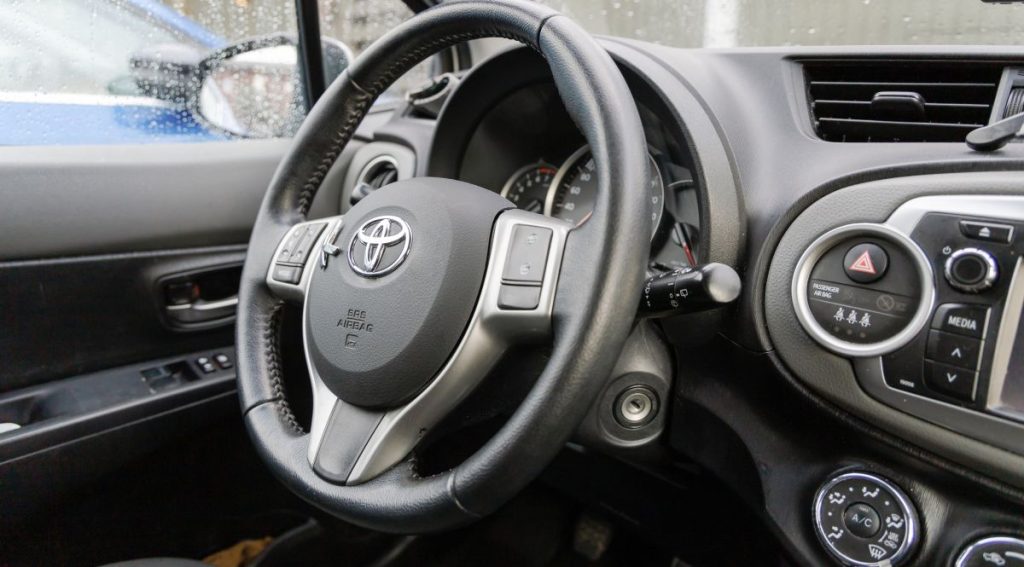
BMW and Toyota have a long-standing hydrogen partnership. While Toyota supplied the full system for BMW’s early experiments, the new generation sees BMW taking the lead on design, with Toyota still providing the fuel cells.
Real-World Testing Already Underway
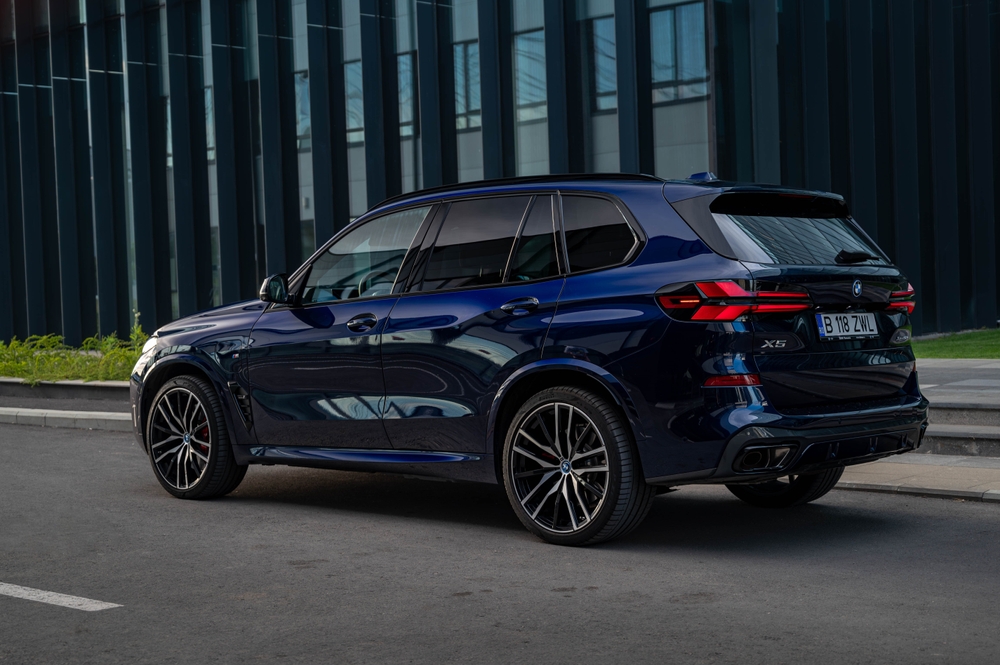
A limited fleet of fewer than 100 iX5 hydrogen vehicles has been in operation since 2023. These prototypes use the second-gen system, producing 396 horsepower and offering a range of up to 313 miles on the WLTP cycle.
Betting on a Hydrogen Future
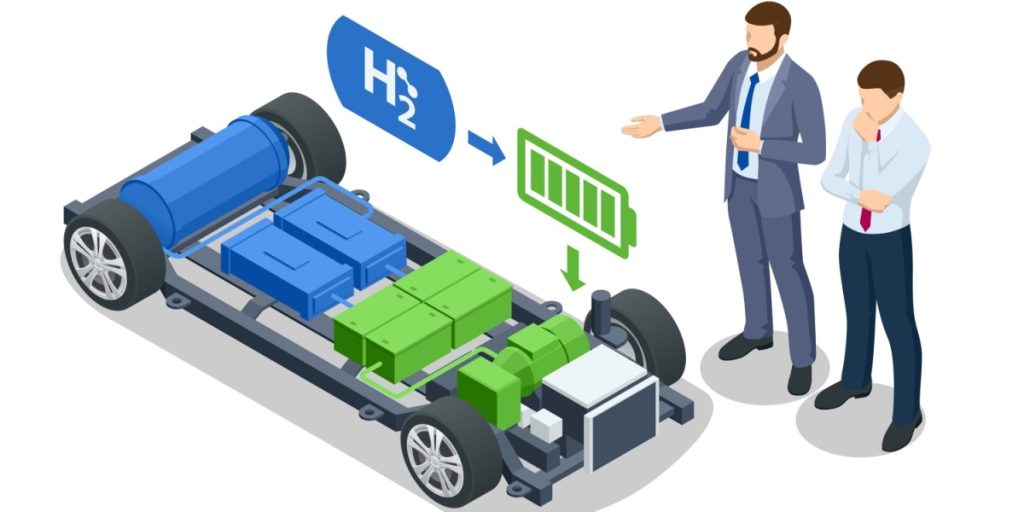
Despite limited fueling infrastructure, BMW remains confident in hydrogen’s future. The company sees it as a clean, efficient alternative to gasoline—with the added benefit of rapid refueling that rivals traditional fuel stations.

